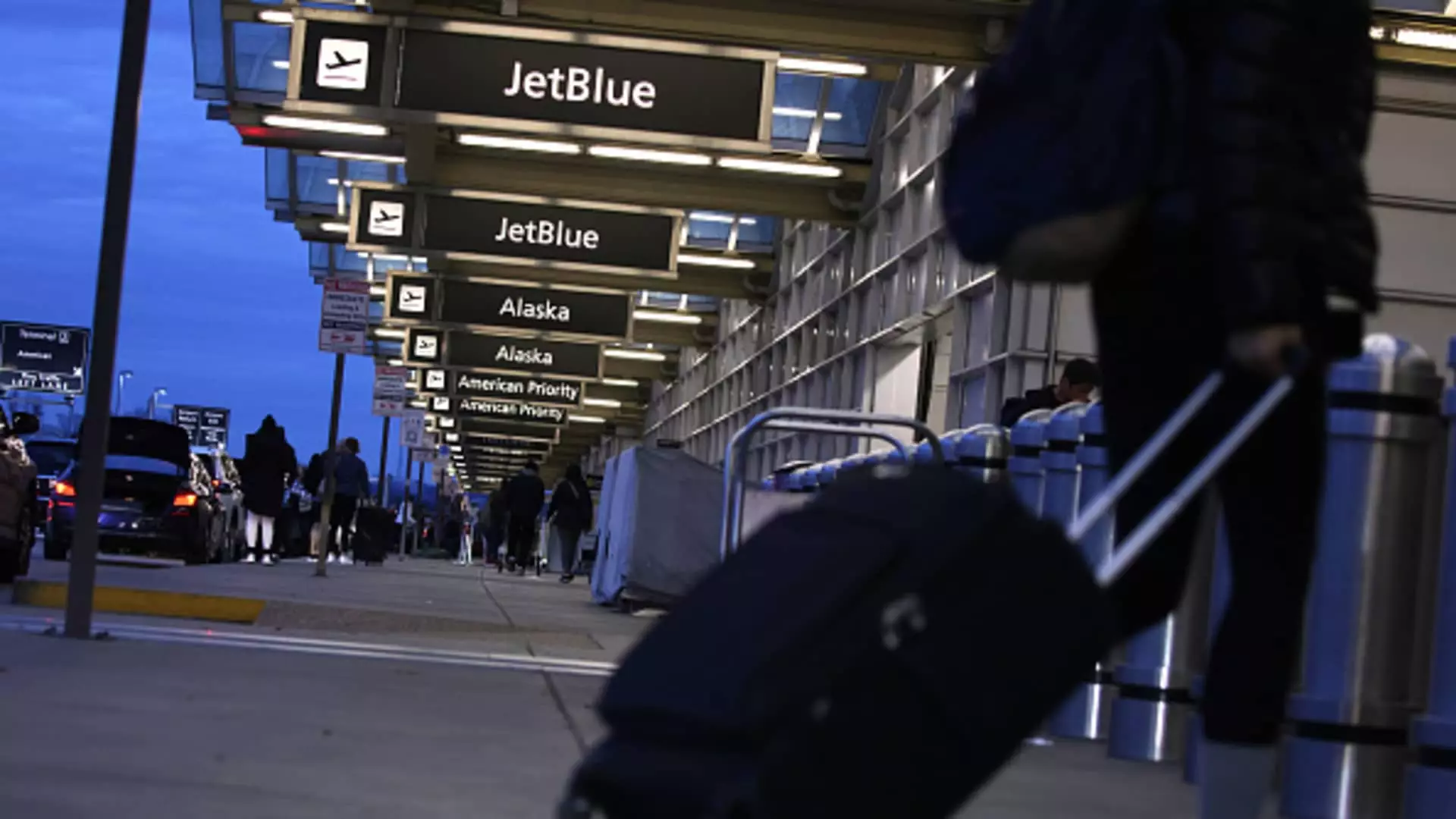In a notable move that highlights the shifting landscape within the aviation industry, JetBlue Airways has announced the availability of early retirement packages aimed at select pilots. This decision, conveyed to members of the Air Line Pilots Association last Friday, is part of a broader strategy intended to streamline operations and manage costs effectively. As the airline grapples with financial pressures and operational challenges—most notably the Pratt & Whitney engine recall affecting fleet capabilities—this initiative could reflect a strategic pivot to balance organizational efficiency and financial viability.
JetBlue is currently navigating a complex situation characterized by evolving industry dynamics and economic considerations. Attempts to introduce new first-class seating options signify a shift towards enhancing customer experience and maximizing revenue streams. However, the recent engine recall, which has relegated some aircraft to the ground, compounds the urgency for the company to reconsider its workforce structure. The early retirement offers can be viewed as a preemptive measure, potentially allowing JetBlue to eliminate higher-cost pilots while simultaneously reducing personnel without the need for broader layoffs that could exacerbate morale among remaining staff.
The voluntary separation plan is not without specifics. Eligible pilots must be at least 59 years old by the end of March 2024, aligning closely with the federal retirement age of 65 for commercial airline pilots. Under the terms of the agreement, pilots will receive compensation equivalent to 55 hours of their hourly wage leading up to their mandatory retirement or a window of 18 months from their separation date—whichever period is shorter. Financial estimations provided in the letter of agreement illustrate a meaningful financial incentive for pilots considering retirement. For instance, an Airbus A320 captain with 12 years of service stands to gain over $416,000, while an Embraer E190 captain with eight years of experience would receive nearly $161,000.
As JetBlue plans to report its quarterly earnings soon, there remains an air of uncertainty surrounding the impact of these retirement packages. While the strategy may yield immediate cost reductions, it could also leave the company with a talent gap as experienced pilots exit the organization. Furthermore, the decision could instigate a trend among other airlines faced with similar challenges. The successful implementation of these packages hinges on a delicate balance—ensuring that the loss of seasoned pilots does not hinder operational capacity or safety.
JetBlue Airways’ provision of early retirement packages demonstrates a proactive, albeit challenging, approach to maneuver through current economic turbulence. As airlines continue to adapt to an ever-changing aviation landscape, this initiative serves as a critical case study on the complexities entwined in workforce management. The choice to incentivize early retirement not only addresses immediate financial concerns but also raises important questions about long-term planning and the future of air travel in America. JetBlue’s approach may potentially set the tone for the industry, emphasizing the need for agility in workforce strategy amidst unpredictable market conditions.

